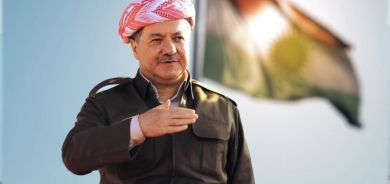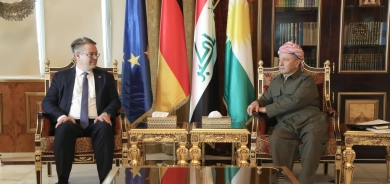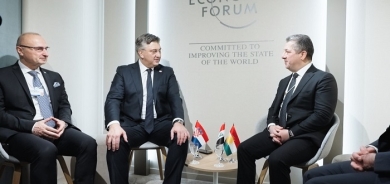Crisis in Kurdistan-Baghdad Relations

The Kurds should remember how good their current situation still is compared to the old bad days before 1991 under Saddam Hussein. When we remember those evil days, we can only thank God for how good things are today!
Nevertheless, it is true that there are serious problems with Iraq’s federal system in which the KRG finds itself embedded. Federalism is a form of government in which the regions and central government divide and share power. It is not an easy type of government to implement because it presupposes experience and respect for pluralism and democracy. Even with the experience such a country as the United States has had for more than 200 years with federalism and democracy, major problems exist.
How can federalism possibly work in a country like Iraq that has little or no experience with federalism, pluralism, and democracy? To have federalism in Iraq before the Iraqi people know how to implement democracy and respect pluralism is to put the cart before the horse. Frankly it is amazing Iraq is not in an even bigger quandary than it is.
However, civil war remains unlikely because neither side really wants all out war so soon after what occurred just a few years ago when Saddam Hussein first fell. Even if such a war started, it is likely that the United States would step in to stop it. In addition, none of neighboring states such as Turkey, Iran, or Saudi Arabia would find a civil war in Iraq to their liking.
So what should the Kurds do? Demand that the current Iraqi constitution continue to be implemented. As long as this is done, the KRG will remain in good shape. However, if Baghdad violates Kurdish rights guaranteed by the constitution, then the Kurds will be seen by the United States and the neighboring states as having been forced into declaring independence and not responsible for the break up of Iraq.
However, just a few weeks ago, the Baghdad newspaper Sabah published a surprising article in which its editor Abd Jabbar Shabbout declared that it was time to settle the “age-old problem” between Iraq’s Kurds and Arabs by establishing a “Kurdish state.” This would not be so difficult as the KRG is a state in all but official name, but it is surprising to hear this from an Iraqi Arab. Maybe this shows that the time for Kurdish independence is close at hand.
Professor Michael Gunter
USA

 Michael Gunter
Michael Gunter











